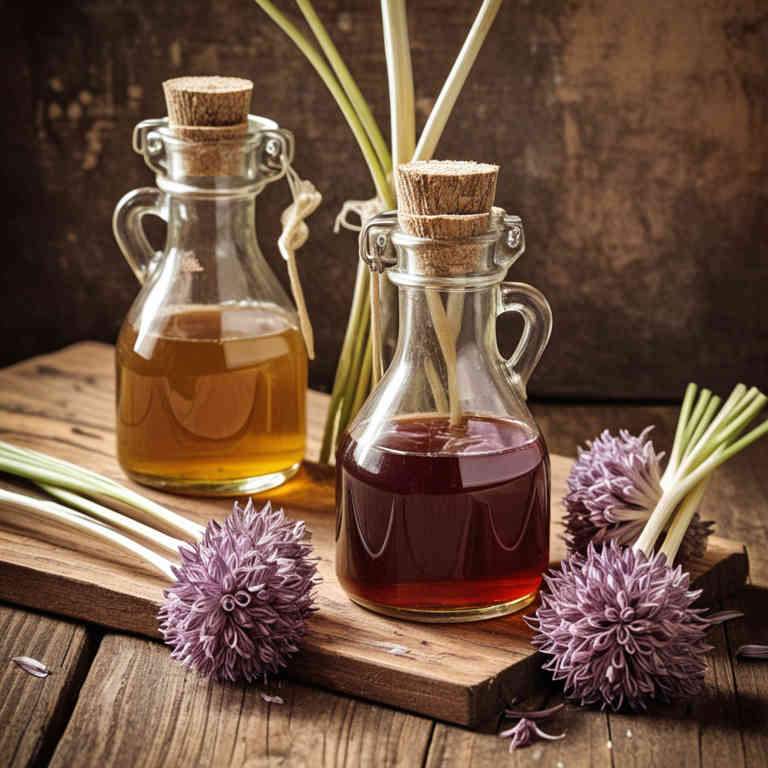Allium sativum syrup for medicinal use

Allium sativum syrup is a traditional herbal preparation made from garlic, which is often combined with honey or other sweeteners to improve its taste and bioavailability.
It is used in herbalism to support cardiovascular health, help lower blood pressure, and enhance immune function. The active compounds in garlic, such as allicin, are believed to contribute to its medicinal properties. This syrup is commonly taken orally in small doses to promote digestion and reduce inflammation.
It is also used in some cultures for its antimicrobial and detoxifying effects.
Uses
Allium sativum syrup has been used to treat respiratory and digestive ailments for centuries.
Historically, it was valued in ancient Egypt, Greece, and China for its antimicrobial and anti-inflammatory properties. Traditional medicine often used the syrup to alleviate coughs, colds, and indigestion. In modern times, it is still used as a natural remedy for respiratory infections and to support immune health.
Scientific studies have also shown its potential in reducing cholesterol and improving cardiovascular health.
Benefits
Allium sativum syrup has health benefits such as boosting the immune system, reducing inflammation, and supporting cardiovascular health.
It is derived from garlic, which contains bioactive compounds like allicin that contribute to its therapeutic properties. This syrup may help in lowering blood pressure and cholesterol levels, promoting heart health. It also possesses antimicrobial and antioxidant properties that can aid in fighting infections and oxidative stress.
Regular consumption of Allium sativum syrup may enhance overall well-being when used as part of a balanced diet and lifestyle.
Constituents
Allium sativum syrup active constituents include allicin, sulfur-containing compounds, flavonoids, and essential oils.
These components contribute to the syrup's antimicrobial, anti-inflammatory, and antioxidant properties. Allicin is particularly noted for its ability to combat pathogens and support cardiovascular health. The flavonoids in the syrup may help reduce oxidative stress and enhance immune function.
Overall, these active constituents make Allium sativum syrup a valuable herbal preparation for promoting general wellness and supporting respiratory and digestive health.
Preparation
To make Allium sativum syrup, begin by peeling and thinly slicing 100 grams of fresh garlic cloves.
In a saucepan, add the garlic slices and 500 ml of water, then bring to a gentle boil. Reduce the heat and let it simmer for 20 minutes to extract the flavor and medicinal properties. Strain the liquid through a fine mesh sieve to remove the garlic pieces.
Finally, add 500 grams of raw honey to the strained liquid and stir well until the honey is fully incorporated, then store in a sterilized jar in the refrigerator.
Side Effects
Allium sativum syrup may lead to gastrointestinal discomfort, including nausea, vomiting, and diarrhea, due to its strong garlic compounds.
It can also cause a burning sensation in the throat or stomach, especially if taken on an empty stomach. Some individuals may experience bad breath or body odor as a result of the active sulfur compounds in the syrup. In rare cases, it may interact with blood-thinning medications, increasing the risk of bleeding.
Prolonged use could potentially lead to liver toxicity, so it should be used with caution and under medical supervision.